
Economy
16:05, 29-Jan-2019
China reforms auto sector to offer more choices for consumers
By CGTN’s Wu Lei
03:43
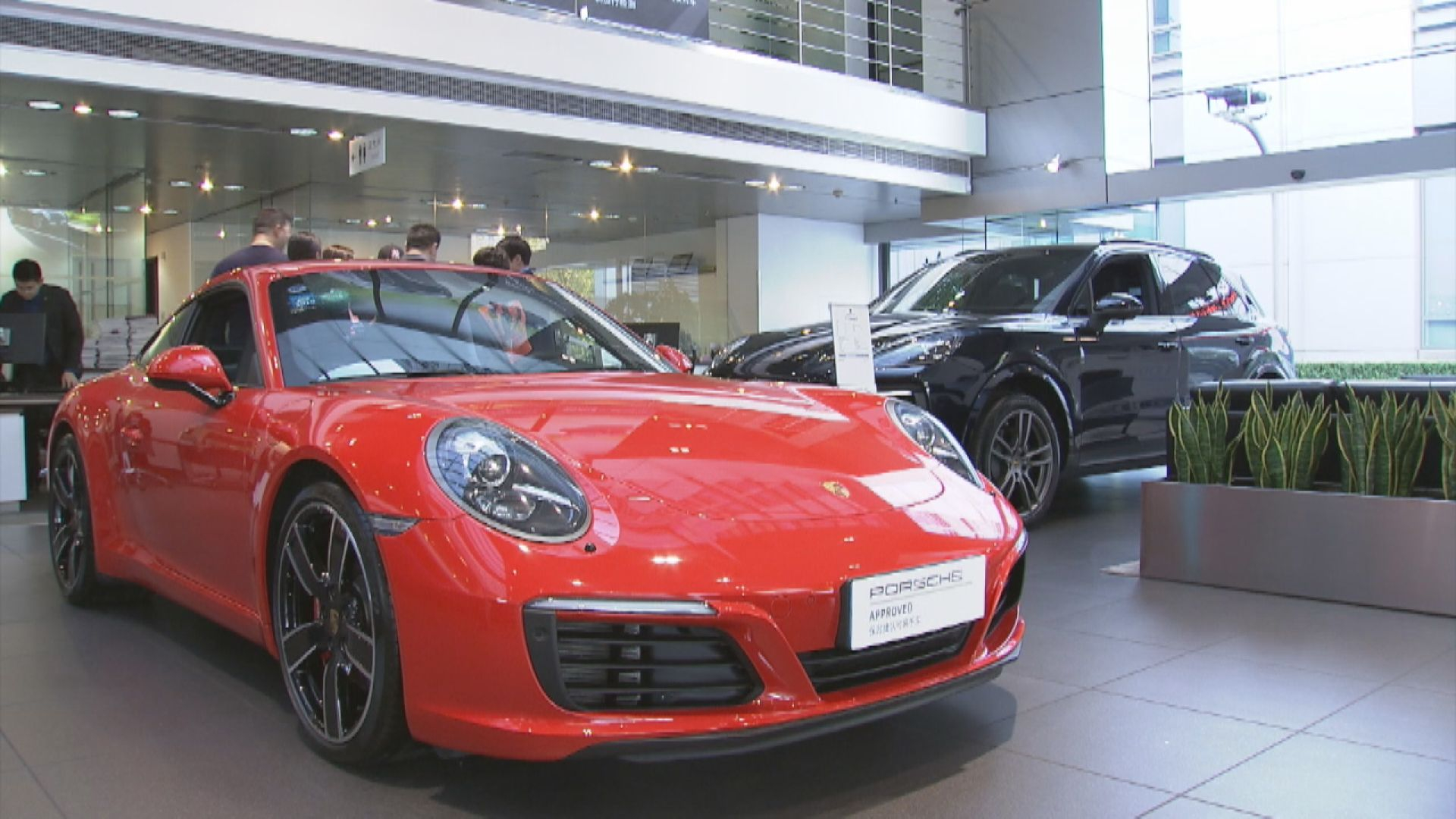
This year makes it a decade since China took the crown of world's largest auto market, particularly in terms of sales and production. While official data shows the growth of China's auto sales and production is slowing, the country has vowed to continue reform in the auto sector so it can offer more choices for consumers.
Li Xuekun, 35, is a private equity fund manager, and a part of China's rising class of young and wealthy millennials.
With a good education and a high-paying job in downtown Shanghai, he bought his first luxury car, a Porsche SUV, at a price of 1.4 million yuan (about 203,400 U.S. dollars).
Li told CGTN that he saw the car as a kind of gift for himself, but it also allowed him to provide a better and more comfortable means of transportation for his family - and, of course, he really likes the brand.
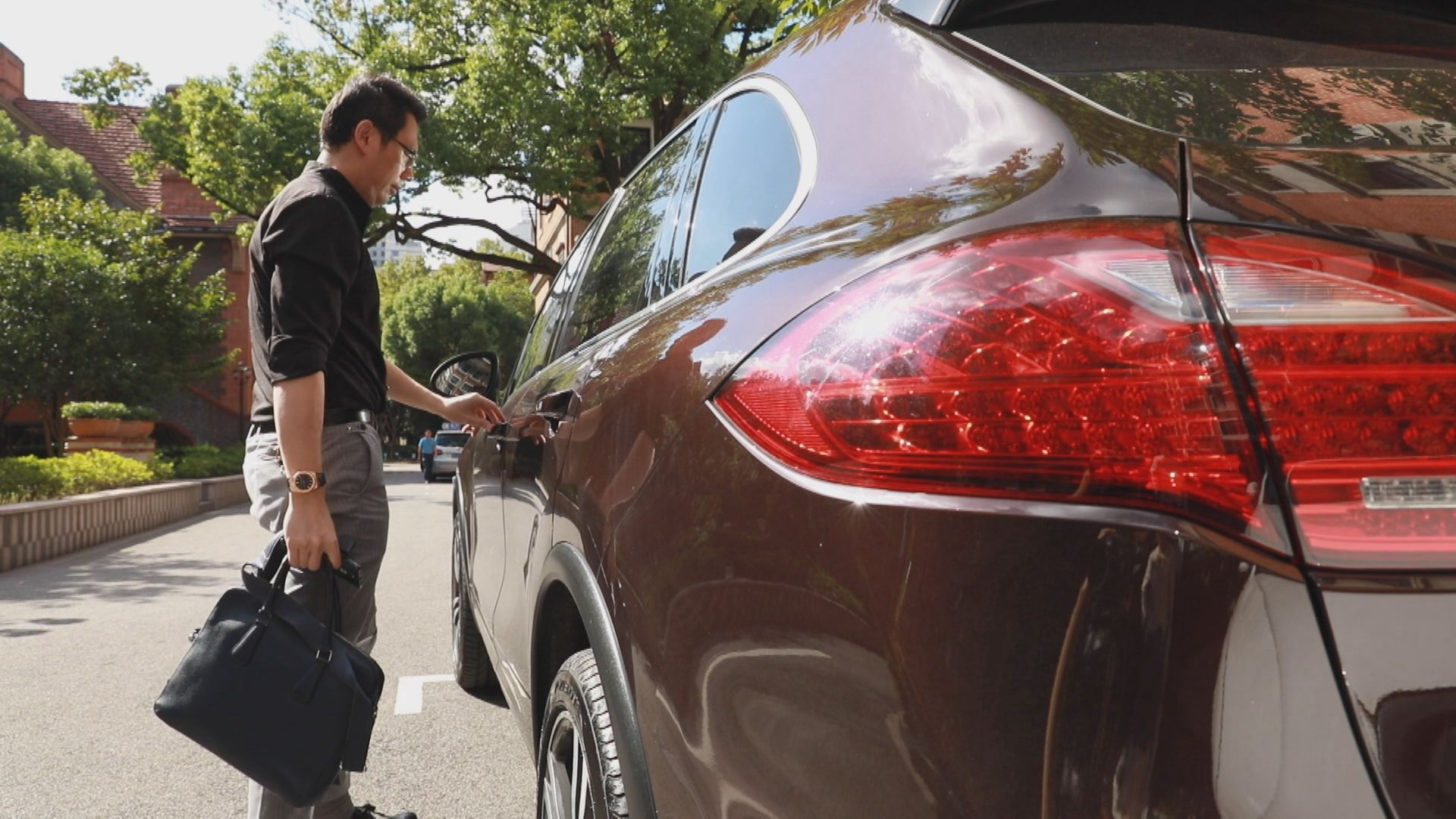
Li Xuekun, a private equity fund manager, says many younger Chinese consumers like him prefer foreign brands when buying premium cars. / CGTN Photo
Li Xuekun, a private equity fund manager, says many younger Chinese consumers like him prefer foreign brands when buying premium cars. / CGTN Photo
Foreign-made cars remained prohibitively expensive in China due to a 25 percent tariff levied on their imports, but that was cut down to 15 percent back on July 1, significantly cutting costs for consumers.
Jens Puttfarcken, the CEO of Porsche China, told CGTN that his company has dropped the price since then, they are now happy to offer their customers the cars and their options for new prices.
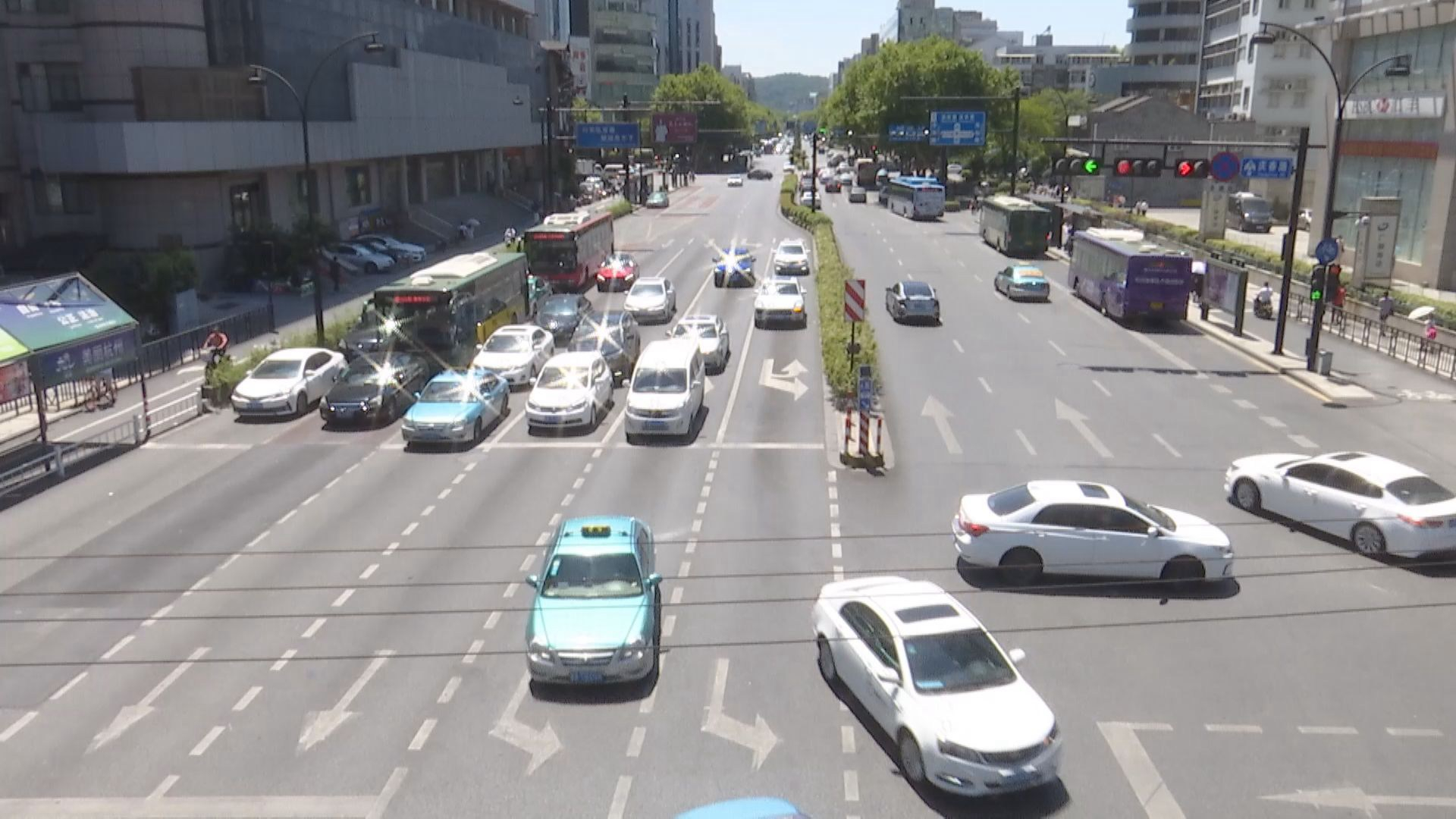
Besides lowering tariffs on luxury cars, China has decided to re-structure its domestic auto industry. /CGTN Photo
Besides lowering tariffs on luxury cars, China has decided to re-structure its domestic auto industry. /CGTN Photo
Foreign car brands have had to set up joint ventures with local automakers to open factories in China. Take Toyota for example, its joint venture with First Automotive Works is why this car is called FAW-Toyota in China. It's currently a 50-50 split in ownership, but China has announced gradually removing foreign investment ownership limits.
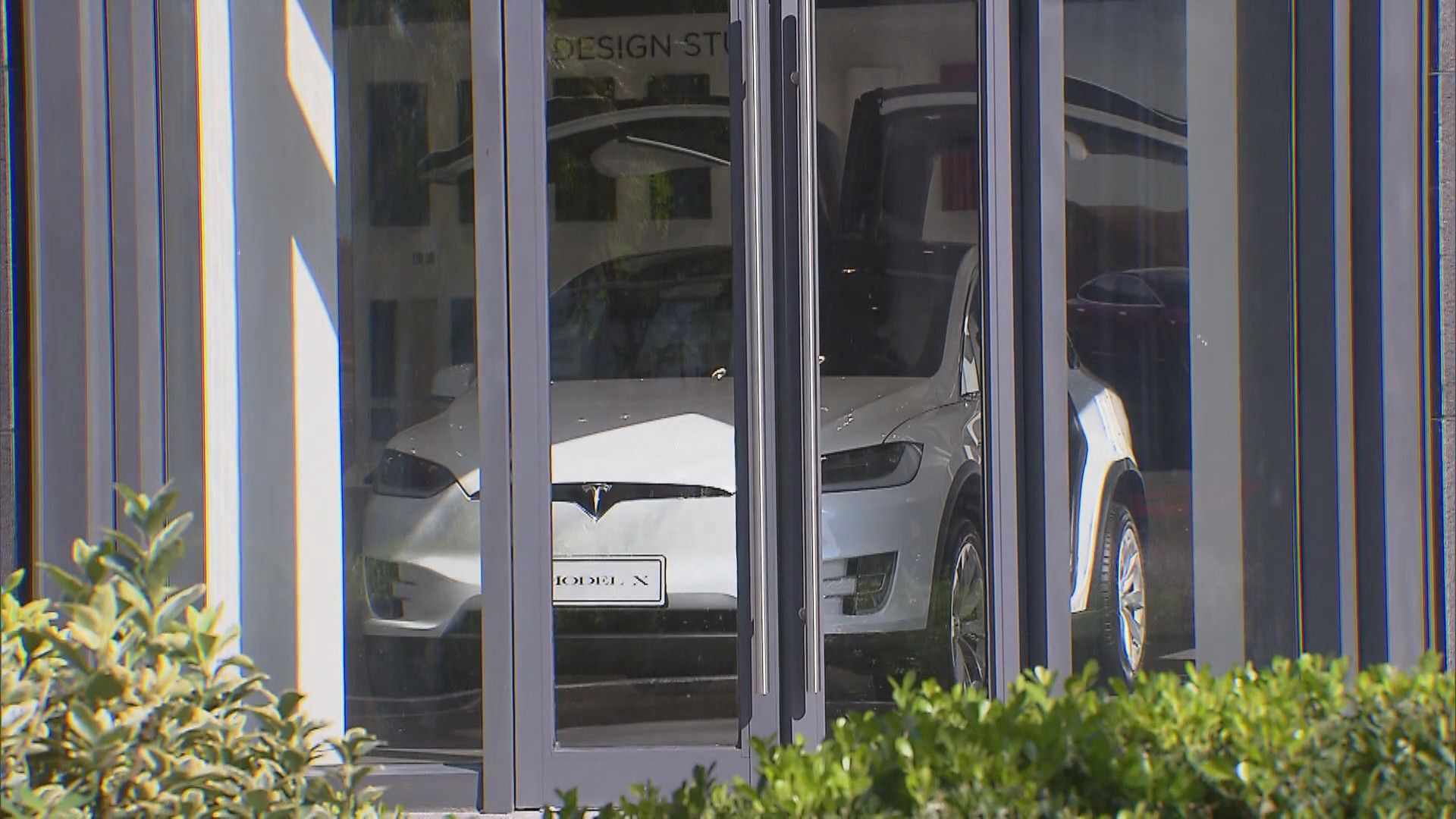
The 50 percent equity cap on the New Energy Vehicle Sector was removed in 2018. /CGTN Photo
The 50 percent equity cap on the New Energy Vehicle Sector was removed in 2018. /CGTN Photo
The first step will be to remove the limit on special-purpose and new energy vehicles. EV giant Tesla became the first foreign automaker to set up a wholly owned plant in Shanghai.
Its giga-factory has already broken ground and is expected to start production by the end of 2019.
Elon Musk, the CEO of Tesla, told CGTN that in solar power, battery storage and electric vehicles, China has been a world leader, so he looks forward to helping accelerate that ongoing transition along with other electric car companies in China.
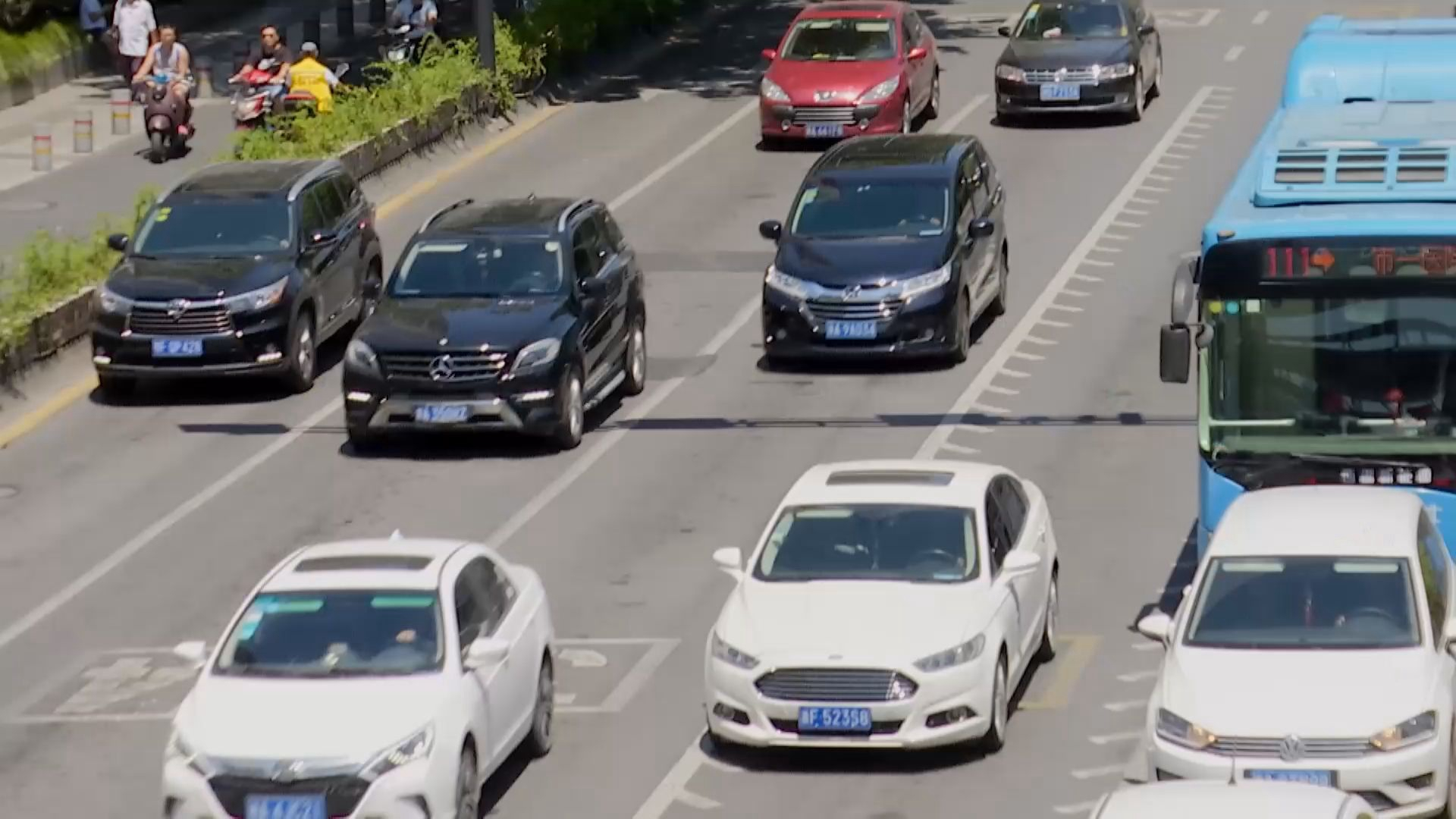
The restriction for commercial vehicles will be removed in 2020, for passenger cars, 2022. /CGTN Photo
The restriction for commercial vehicles will be removed in 2020, for passenger cars, 2022. /CGTN Photo
With the country removing the industry's foreign capital cap, China's largest private automaker Geely says they welcome the competition.
Li Shufu, the chairman of Zhejiang Geely Holding Group said that, first of all, Chinese consumers will benefit from the country further opening up its auto market because they will have more options and pay lower prices. Secondly, because of growing foreign investment and increasing competition, domestic car makers will have greater reach, which is good for the whole automobile industry.
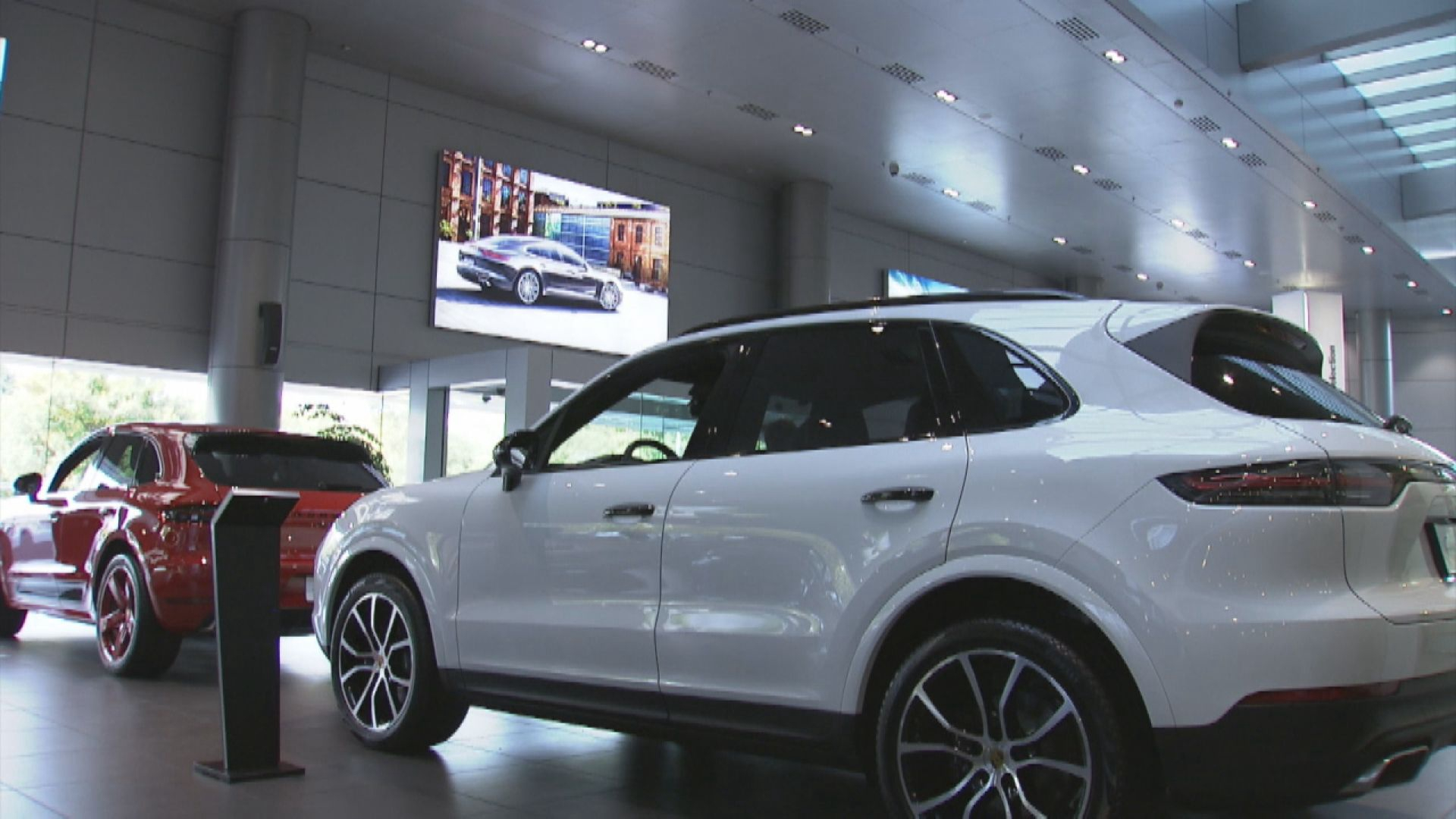
China vows to continue the reform in auto sector to offer more choices for consumers. /CGTN Photo
China vows to continue the reform in auto sector to offer more choices for consumers. /CGTN Photo

SITEMAP
Copyright © 2018 CGTN. Beijing ICP prepared NO.16065310-3
Copyright © 2018 CGTN. Beijing ICP prepared NO.16065310-3